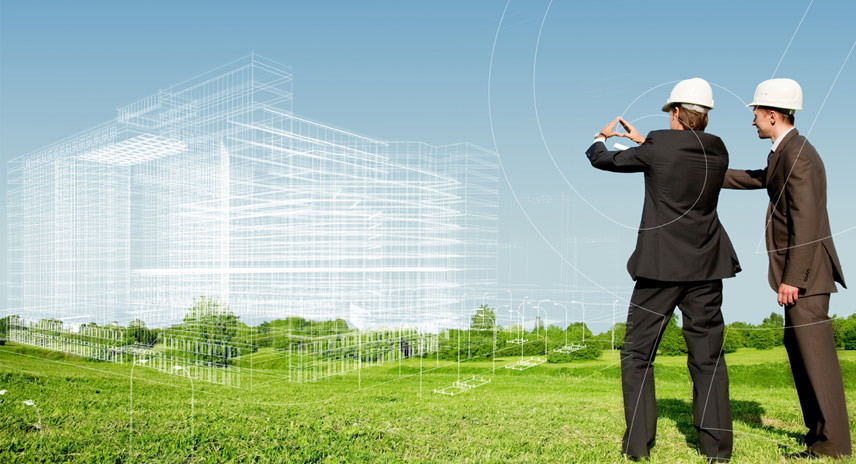Unveiling the Dynamics of Property Developers: The Architects of Urban Transformation
Unveiling the Dynamics of Property Developers: The Architects of Urban Transformation
Blog Article
In the dynamic realm of real estate, property developers stand as major players in orchestrating the change of landscapes and urban skylines across the world. Their work goes beyond simple construction; it involves a delicate dance of vision, investment, and execution. These developers are the architects for modern cities. They are responsible for shaping not just buildings but entire communities. Understanding their significance unveils the complex web of influence they weave and the impact they have on the environment they create.
The core in the business of property developers is a desire to convert empty land or properties that are not being utilized into tangible assets. They analyze the trends of market as well as the wants of their community and develop plans that fulfill both demands and aspirations. These visions often involve collaboration with architects, urban planners and local government officials to ensure alignment to zoning rules or infrastructure needs, as well as environmental requirements. From luxurious condominiums to mixed-use development, property developers are adept at conceptualizing and building projects that appeal to a variety of demographics and tastes.
One of the most significant contributions of property developers can be the reduction of the housing crisis in fast-growing urban areas. Through the development and implementation of residential developments, they can address the pressing need for accommodation, catering to diverse demographics and income brackets. Affordable housing initiatives specifically, highlight their commitment to social responsibility and aim to provide homeownership to low and middle-income households.
Beyond bricks and mortar Property developers play a crucial role in shaping the social fabric as well as the economic viability of the communities they serve. Through strategic investments in public space, amenities as well as infrastructure, they boost the quality of life and appeal of communities. With the help of lively shopping districts, recreational facilities, and the arts, they contribute to local economies as well as create jobs. Moreover, sustainable development practices encourage environmental stewardship and are resilient to climate change while aligning with the larger societal objectives. Property developers have significant influence in fostering an inclusive and sustainable development, and promoting a mutually beneficial connection between community development and wellbeing. To receive additional information kindly look at Akisama
A defining trait of developers of properties is their talent for collaboration. They form multidisciplinary teams that include architects, engineers, contractors and even designers in order to achieve their plan. A good communication system and coordinated effort are important as these groups work together to translate designs into concrete constructions. Furthermore, developers are often in contact in dialogue with local groups and others for support, and to address concerns. Participation in community events builds goodwill, improves the reputation of the project and may even uncover opportunities to innovate and be inclusive.
Despite the inherent difficulties and uncertainties, property owners remain indispensable catalysts for progress and growth in the real estate sector. Their capacity to think as well as execute and to adapt to changing market conditions can lead to the development of innovative and resilient urban environments. When they adopt responsible development strategies as well as encouraging engagement with communities, and accepting diversity, developers can play a pivotal part in shaping an equitable and sustainable future that is more inclusive for the generations to come.
